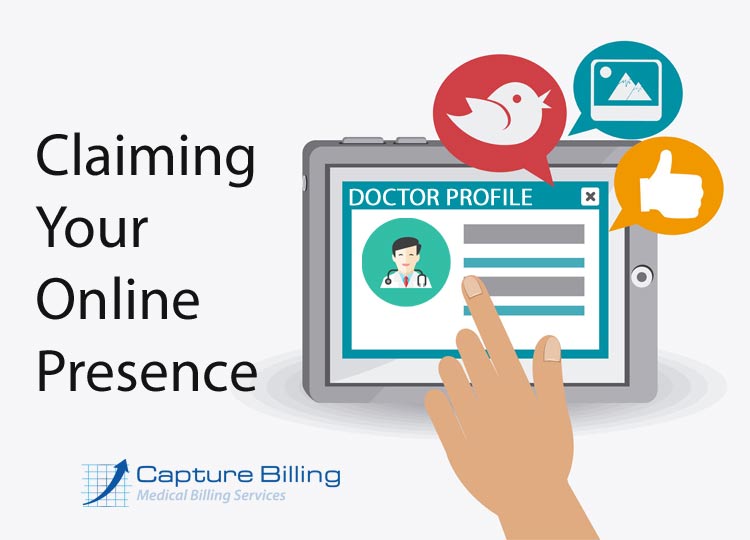You’ve just had an operation, but have come out of it thinking that the surgery has actually made matters worse, so you’re now considering making a claim for compensation.
But you have lots of concerns. Can any solicitor handle this? Will it be stressful and time-consuming? Am I going to end up paying more than I will gain in compensation? Will I have to go to Court and will I need to be examined by strange doctors? Well, these and a hundred other questions may well swim through your mind and it’s not surprising.
As you might imagine, you cannot simply put in a random medical accident claim without a lot of time, sourcing of other details and work being done first. Your case will require hours of investigation into your medical records and the necessity, from this research, to determine whether or not you have a valid case.
Medical experts, independent doctors and background study of all the clinical aspects surrounding your claim will be involved. Although not many claims for medical negligence (also known a clinical negligence) end up in Court, winning a Court action is not always guaranteed.
This is one reason why it is imperative you get the support and knowledge of a highly experienced clinical negligence solicitor. A lawyer who does not have specialist training in this field of study may well lack the skills required to handle this area of Law. The result could be loss of your – or public – money, not just loss of a Court case.
It is advisable to search out a clinical negligence lawyer who practices with a Law firm who hold a Legal Services Commission Clinical Negligence Franchise. This company should be able to offer funding from the Community Legal Service Fund (formerly known as legal aid).
Alternatively, find a firm with lawyers who have been admitted to the Law Society’s Clinical Negligence Panel or the AVMA (Action against Victims of Medical Accidents) panel. All these panels have very strict criteria for membership, so you might discover that there are not many solicitors on them. You may therefore need to travel to find a specialist solicitor (unless you are too unwell to travel in which case most medical negligence solicitors make home visits) – but your effort should be rewarded.
Next, check out their record of success in handling this type of litigation. Ask if you can have a free initial consultation. Take a list of questions you want to ask as the meetings can go quickly:
1) What access do they have to medical experts with individual specialist knowledge?
2) Do they have a track record of medical negligence cases with successful outcomes?
3) Has a clinical negligence lawyer from the firm experience of going to Court, in order to represent you, argue your case and give evidence?
Building trust with your chosen medical negligence solicitor in this way is vital for success.
Tim Bishop is senior partner at Bonallack & Bishop, a firm of expert Medical Negligence Solicitors who can advise you on your accident claim. He is responsible for all major strategic decisions and has grown the firm by 1000% in 13 years. Tim sees himself as a businessman who owns a law firm and intends to expand further.
Find More Medical Coding Articles







